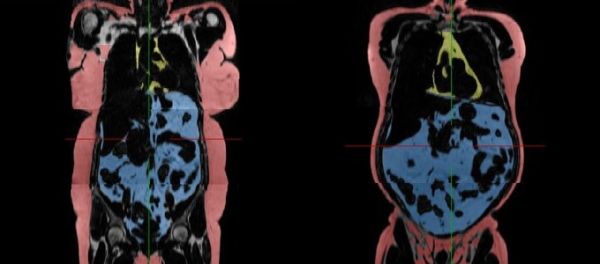Scientists from the German Cancer Research Center (DKFZ) and Heidelberg University Hospital have found in a study called HELENA – the largest investigation on intermittent fasting to date. The scientists conclude that there are many paths leading to a healthier weight. Everybody must find a diet plan that fits them best and then just do it!
Feasting eight hours and then fasting the following 16 hours? Or is it even better to fast two whole days a week and then enjoy eating without regrets for the rest of the week? Intermittent fasting, also known as 16:8 diet or 5:2 diet, is trendy. Numerous popular self-help books on this topic promise weight loss without yo-yo effect as well as sustained changes in metabolism and resulting health benefits. The German Nutrition Society (DGE), on the other hand, warns that intermittent fasting is not suitable for long-term weight regulation. In addition, according to DGE, there is not enough scientific evidence on the long-term effects of this dieting method.
"There are in fact only a few smaller studies on intermittent fasting so far, but they have come up with strikingly positive effects for metabolic health," says DKFZ's Ruth Schübel. "This made us curious and we intended to find out whether these effects can also be proven in a larger patient group and over a prolonged period."
In collaboration with a team of DKFZ researchers and scientists from Heidelberg University Hospital, Schübel examined 150 overweight and obese study participants over one year as part of the HELENA study. At the start of the study, they were randomly classified in three groups: One third followed a conventional calorie restriction diet that reduced daily calorie intake by 20 percent. The second group kept to a 5:2 dietary plan that also saved 20 percent of calorie intake over the whole week. The control group followed no specific diet plan but was advised, like all other participants, to eat a well-balanced diet as recommended by DGE. Following the actual dieting phase, the investigators documented the participants' weight and health status for another 38 weeks.
Continue reading at Deutsches Krebsforschungszentrum
Image via DKFZ


